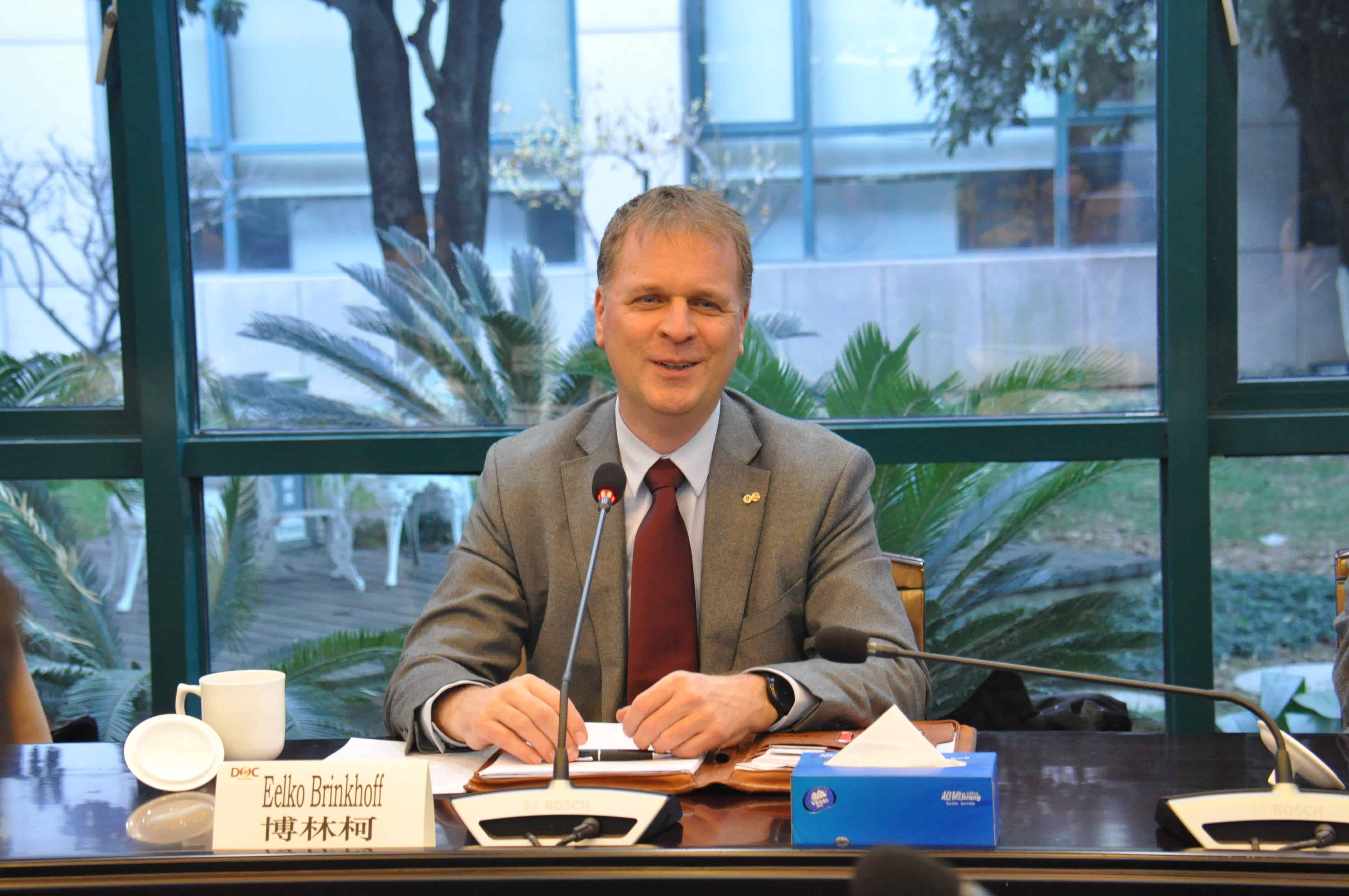
A debate is raging in Dutch politics about the usefulness and necessity of support for innovative developments. The National Growth Fund, which has 20 billion euros to spend between 2021 and 2025, is under discussion. With the fund, the cabinet invests in projects that contribute to the sustainable earning capacity of the Netherlands.
But besides stimulating its own innovation, a country can also become “smarter” by bringing in external innovative companies. Even this policy is no longer self-evident, as we recently showed in the interview with Eelko Brinkhoff of the Brabant Development Company (BOM). He sees political shifts and problems around space, talent, energy supply, and nitrogen as underlying causes. In that light, the annual report of the Netherlands Foreign Investment Agency (NFIA) published this week is particularly interesting.
Why is this important?
The investment climate in the Netherlands is changing rapidly, especially for foreign companies seeking a place in our country. This was also evident recently in our farewell interview with Eelko Brinkhoff. Against that background, it is interesting to see the results of the NFIA’s work in 2023.

Dutch acquisition policy focuses on sustainable development and qualitative growth. In 2023, the NFIA, together with partners, helped 217 companies establish or expand in the Netherlands. This policy, supported by 26 outside offices and 140 staff worldwide, focuses on attracting companies that contribute to the transition to a sustainable economy. Despite a decline in the total number of investment projects, the added value for the Dutch economy is growing, the organization concludes. At the same time, the Netherlands is struggling with bottlenecks such as nitrogen problems and a shortage of energy infrastructure. “Nevertheless, the country manages to strengthen its position in energy transition, quantum technology, and digital innovation, which puts the Netherlands on the world map as a knowledge-intensive and innovative economy.”
Dutch acquisition policy in 2023 has shifted from a quantitative to a qualitative approach. “This has specifically focused on attracting foreign companies that can significantly contribute to the sustainable growth of the Dutch economy. This policy responds to global challenges such as climate change, the need for a circular economy, and technological advances playing an increasingly important role in the global economic landscape.”
Strategic focus on core sectors
According to Hilde van der Meer, NFIA commissioner, efforts are focused on sectors such as energy, ICT, life sciences & health, and agrifood. These sectors are closely aligned with Dutch ambitions in terms of transitions and offer opportunities to strengthen the innovation climate further. Attracting foreign companies within these strategic areas aims to strengthen existing ecosystems in the Netherlands and diversify the economy.

5173 new jobs
The NFIA and the Invest in Holland network jointly guided 217 investment projects in 2023. This is less than in previous years, but the proportion of projects falling within the strategic priorities has increased. These projects are expected to result in the creation of approximately 5173 jobs within the first three years.
Although the Netherlands stands out positively with its focus on sustainable growth, there are increasing bottlenecks in the business climate. Challenges such as nitrogen problems, shortages in energy infrastructure and a tight labor market make new investments difficult. The NFIA plays an important role in identifying these bottlenecks and communicating them to national and regional authorities in order to improve the investment climate.
The efforts of the NFIA and the Invest in Holland network have resulted in the Netherlands growing its market share in investment projects in Western Europe to 6.4%. This places the Netherlands in fifth place after the UK, Germany, Spain, and France. Such a position confirms the importance of the Netherlands as an attractive destination for international companies despite global and internal challenges.

Focus on innovation and sustainability
The Netherlands has a leading position in sectors such as quantum technology, digitization and food production, according to NFIA. Companies like Bluefors and Autocraft EV Solutions, for example, say they chose the Netherlands because of its strong innovation climate and the availability of high-quality knowledge and infrastructure. These companies contribute to developing quantum innovations and battery recycling and recovery, respectively. Another example is Mujin, the robot maker that recently established itself in Eindhoven’s Strijp-T. Maarten Brouwer, head of foreign investments at BOM, sees Mujin as a positive addition to the existing ecosystem. “First, we have a personnel shortage in Brabant, so any company that can help our companies make their production more efficient is welcome. Second, we see their knowledge and expertise as a good addition to our ecosystem.”
In the field of life sciences & health, the Netherlands’ ambition is to improve public health significantly by 2040, NFIA writes. The Dutch AI Coalition and the RegMed XB project are examples of initiatives that contribute to strengthening the knowledge position and innovation strength of the Netherlands. These efforts are supported by significant investments in research and development, such as the €11 million invested in Alzheimer’s research in 2023.







